
Infants and young children with vitamin D deficiency may have a heightened risk for elevated blood pressure later in childhood and in their teens, a new study finds. Researchers followed 775 children in Boston from birth to age 18. Most were from low-income families in urban neighborhoods. Compared to children born with normal vitamin D levels, those born with low levels — less than 11 nanograms per millimeter (ng/ml) in cord blood — had a 60% higher risk of elevated systolic blood pressure (upper number in a reading) between ages 6 and 18. Systolic pressure, the upper number in a reading, is the force of your blood pushing against your arteries when your heart beats. Diastolic pressure measures force between beats. High systolic pressure increases heart disease risk even when diastolic pressure is controlled, the researchers noted. Kids with consistently low levels of vitamin D (less than 25 ng/ml) through early childhood had twice the risk of elevated systolic blood pressure between ages 3 and 18, the study found. However, the findings only reflect an association rather than a cause-and-effect link. The study was published July 1 in the journal Hypertension. “Currently, there are no recommendations from the American Academy of Pediatrics to screen all pregnant women and young children for vitamin D levels,” lead author Dr. Guoying Wang said in a journal news release.… read on >










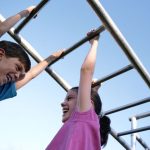




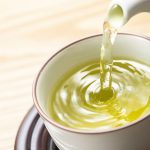
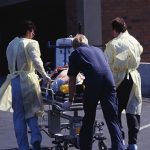

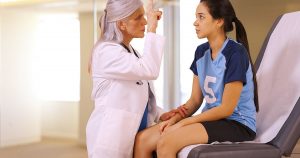
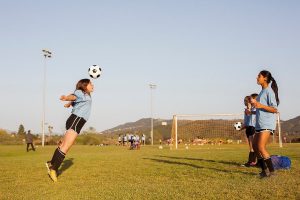
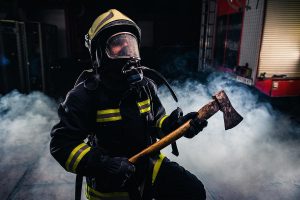



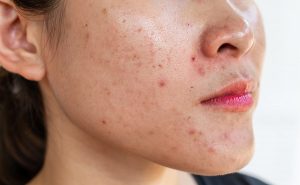











-300x200.jpg)